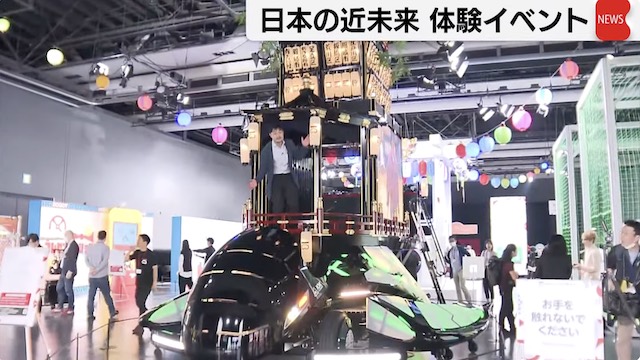Feb 25 (Nikkei) - Continued uncertainty surrounding details of a new law on foreign investment is likely to dent appetite toward Japan, experts warned.
Japan's parliament last November revised the Foreign Exchange and Foreign Trade Act, which requires foreign investors to submit prior application to buy shares above a certain threshold in companies deemed crucial to national security. The revision lowers the threshold to 1% of the shares from the previous 10%.
About 400-500 listed companies are expected to be subject to the new rules, Nikkei reported on Friday, which is more than a tenth of all listed companies. An official list of companies will be released in April, ahead of the revised law's implementation in May.
With a large number of companies potentially affected, the focus has turned to a scheme that exempts investors who meet certain conditions. But details of the conditions -- a gauge of how strictly Tokyo intends to limit the ability of investors to propose changes in areas like governance -- remain uncertain, experts said.
"We were surprised" by the passing of the act, activist investor Daniel Loeb, CEO of the New York-based hedge fund Third Point, wrote in a letter to investors on Jan. 30.
Saying that the company had cheered Prime Minister Shinzo Abe's corporate governance reforms since 2012, Loeb said the 2019 changes "could undermine these positive reforms," by adding scrutiny to foreign investment. "One effect the bill clearly could have is to make it more difficult for engaged shareholders to build positions," Loeb wrote.
The activist investor questioned the rationale of the law revision. "The bill’s stated justification was to prohibit creeping foreign ownership of nationally strategic assets but, as in the U.S., there was little evidence presented that such a threat exists or could not have been addressed under existing regulations."
Third Point, a shareholder in Sony, has proposed to the company that it spin off its cash-cow image sensor business to unlock value for shareholders. Sony has refused to do so.










